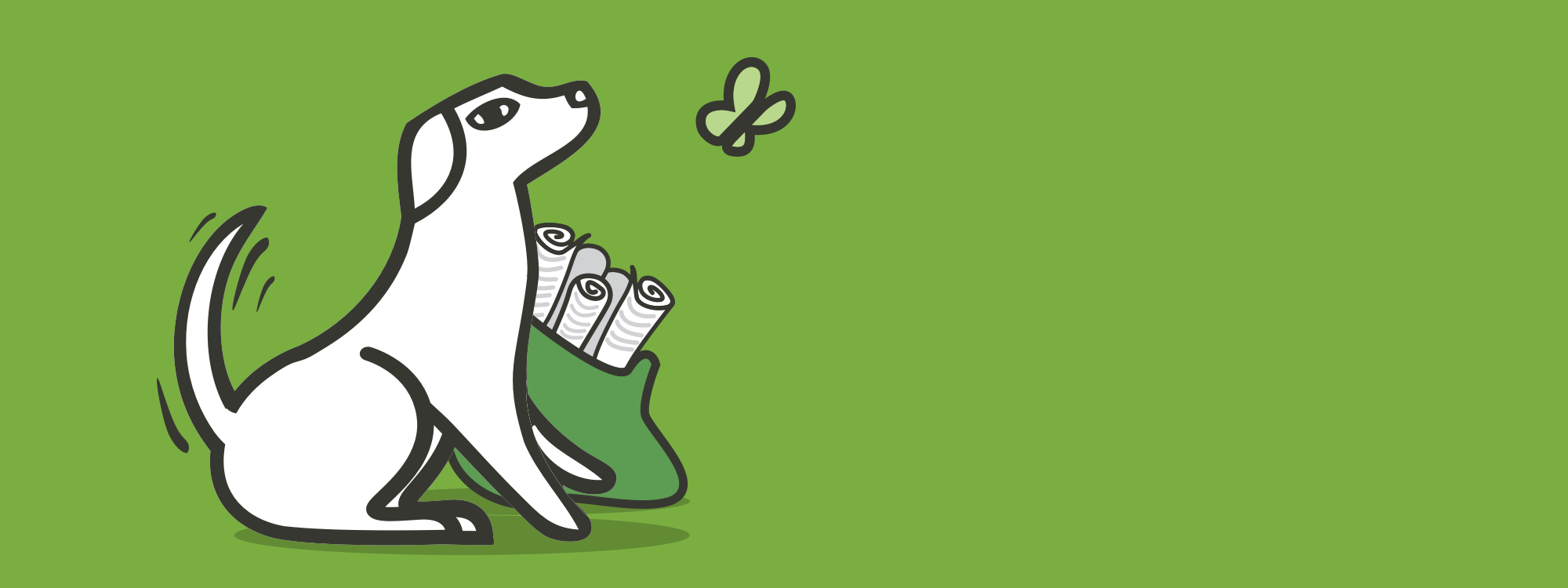Cheese, glorious cheese. A food that can make many salivate from just a tiny whiff alone. Including your pooch. But before you give in to their puppy eyes, the questions you need to ask yourself first are: can dogs eat cheese? Is cheese bad for dogs? We asked Rory the Vet for his expertise, and the short answer is no. Unless the cheese has been included as part of a specific recipe for dogs, dogs shouldn’t eat cheese. But there may be exceptions. Read on as Rory explains all.
MEET RORY THE VET

We’ve partnered up with animal whisperer and renowned veterinarian, Dr Rory Cowlam, to share his wisdom when it comes to all things furry. And boy, does this man know his stuff.
Starting with his degree from the Royal Veterinary College, Rory has since co-starred in the CBBC’s series The Pet Factor, shared his knowledge on the likes of Blue Peter and written all about it in his book, Secret Life of a Vet.
Follow him on Instagram
The pros and cons of feeding cheese to your dog
Cheese is delicious. Of course it is. It might be up there as one of my favourite foods to eat. But it should come as no surprise to anyone when I say that it really isn’t the healthiest. It’s essentially fat, protein and salt. So why then would we consider feeding it to our dogs?
I see pet parents using cheese as a treat all the time, and although it is not a hard and fast rule, I would recommend reserving cheese only for tricky situations, for example, as a high value reward or to conceal a medication.

Types of cheeses dogs can eat (in moderation!)
So, we’ve established that dog parents should ideally avoid feeding their dog cheese, unless as part of a dog appropriate recipe. But in those rare moments where cheese would help a situation, then it’s important to understand which type of cheese is best to give to your little one in those instances.
• Cottage cheese: Cottage cheese is the safest cheese for dogs to eat. I often recommend cottage cheese as a low fat, easily digestible protein source for dogs with an upset tummy.
• Plain, medium/hard cheese: Cheeses like cheddar are fine in moderation. Again, because they’re not the healthiest treat your dog could eat, I would reserve only for specific, tricky occasions.
Types of cheese to never feed your dog
• Blue cheese: You should never feed your dog blue cheese, as it contains a harmful toxin called roquefortine.
• Cheese containing additional ingredients: This includes berries, garlic, onion, fruit and nuts, which can be toxic for your dog to consume. Click here for more information.

1. Consider your dog’s health
Before feeding your dog cheese, or any dairy product, it is important to evaluate their health first. There are many medical conditions that would require your dog to avoid cheese altogether.
• Overweight dogs: Because of the high fat, calorie and salt content in cheese, it’s best to treat your dog to a healthier alternative.
• Dogs on restricted diets: Such as a hypoallergenic diet or a condition specific diet.
• Diabetic dogs: Or dogs with another type of illness.
• Dogs with a history of pancreatitis or gastrointestinal complaints: The high fat content can cause an upset stomach.
• Dogs who are lactose intolerant: Some dogs can’t digest cheese without having a bad reaction.
2. Use cheese as a training treat
When it comes to training treats, there are plenty of options out there that are healthier than feeding your pooch cheese. However, because dogs adore the taste, I would suggest using it in appropriate moments as a high value reward. You can also find treats that contain safe levels of cheese, such as Lily’s Kitchen’s Organic Cheese and Apple training treats.
3. Use cheese to conceal medication
Many dog parents will know the struggle of getting your furry friend to eat a pill. I have found that hiding the tablet in a cube of cheddar cheese is an effective way to make it happen. Your dog should gulp it down fast without a moment’s hesitation!

Consult your vet if you need advice about your dog’s diet
Always check with your vet if you have any questions or concerns about your dog’s diet. They will be able to answer any queries that you may have. Ultimately, when it comes to cheese and your furry family, I would suggest avoiding it completely, unless a specific situation warrants it. For more advice on your dog’s dietary needs, head here.
The information in this article is intended as a guide to help pets and pet parents on their journey together. It is provided for educational and informational purposes only and is not meant as a substitute for professional advice from a vet, behaviourist, trainer or other professional. We encourage all pet parents to consult with their vet and/or behaviourist to ensure their pet’s specific needs are met.




